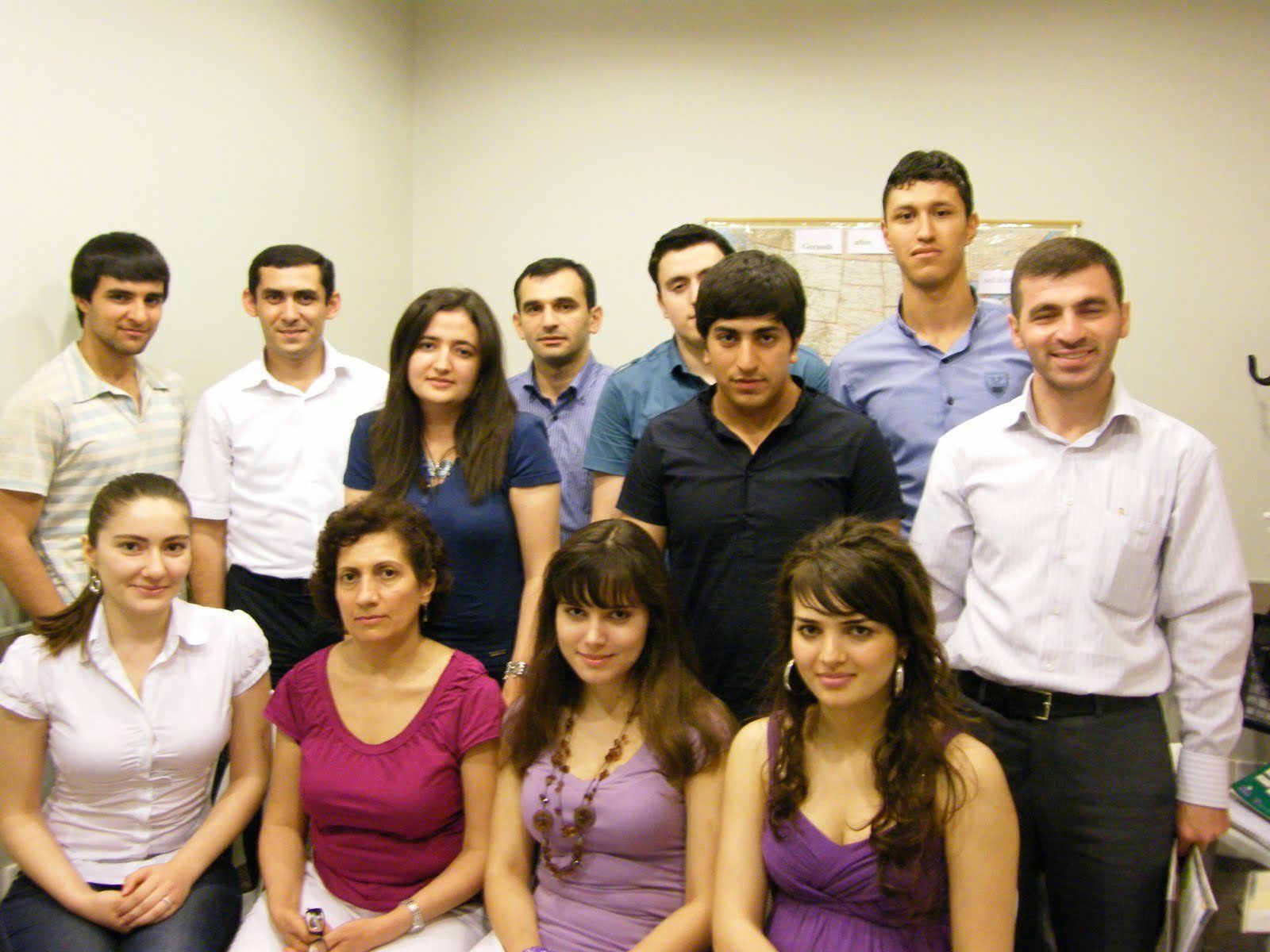 General
General
A Journey Through Finance Internships: A Multi-Industry Adventure
When I first dipped my toes into the world of finance internships, I was completely unaware of how diverse the experiences could be across different sectors. It’s akin to exploring various cuisines: each one tells a story rich with cultural significance, and finance is no exception. Take my friends, for example—one interned at a bustling tech startup, while another found themselves immersed in the structured environment of a Fortune 500 banking firm. Imagine their coffee chats, one bursting with excitement about late-night coding marathons, while the other resonated with the rhythm of corporate life! Their conversations were colorful tapestries woven with very different threads.
This contrast illuminated the intricate ways in which learning manifests within finance. At the tech startup, my friend thrived in an environment that encouraged rapid experimentation and agile methodologies that seemed to shift with the breeze. On the flip side, the banking intern was deeply entrenched in a realm of compliance intricacies and risk management protocols. These narratives posed an intriguing question in my mind: how much does the surrounding environment influence the learning journey? It’s quite captivating to consider how cultural dynamics, even within the same profession, can significantly shape our experiences.
The Role of Industry Culture in Finance Internships
Cultural dynamics are undeniably crucial in shaping finance internships. Each sector nurtures its unique flavor and traditions, which can greatly enhance—or inhibit—your learning trajectory. For instance, the energetic atmosphere of startups often thrives on innovation and adaptability. My own stint in an investment firm demanded a different mindset: meticulous attention to detail, strategic forecasting, and a good dose of patience in aligning with corporate directives.
Let’s take team dinners as a case in point. In the tech sector, these gatherings typically leaned toward informal settings, where mingling over burritos or pizzas helped cultivate a relaxed mentoring environment. Alternatively, in traditional finance, the scene more often includes high-stakes networking events, where showing up in business formal attire is the norm, and having your elevator pitch polished is a must. Reflecting on these experiences makes it clear to me that grasping these cultural nuances can be the key to maximizing your internship experience.
Hands-On Experience vs. Theoretical Knowledge
Another lively debate among interns revolves around the interplay of hands-on experience versus theoretical knowledge. I vividly recall discussions with classmates about how some internships lean towards valuing academic credentials, while others emphasize the importance of applying what you’ve learned in real-world scenarios. In finance, the stakes can be sky-high, but they fluctuate dramatically depending on your sector.
Take wealth management, for instance, where a friend spent her summer internship. In this space, the theoretical underpinnings of market behaviors paved the way, but it was the hands-on experience of engaging with clients and fine-tuning their portfolios that imparted the most eye-opening lessons. In stark contrast, during my summer at a corporate finance firm, the projects I tackled were primarily internal and largely devoid of direct client interaction. Observing client presentations was enlightening but made me ponder: how does one build confidence without facing real-time challenges?
Networking and Professional Growth Opportunities
Securing an internship is merely the first step; the real value often lies in the networking opportunities it provides. The finance landscape can appear intimidating, but forging connections with colleagues and industry leaders can create avenues you never imagined. At a recent industry conference, I was genuinely struck by the number of former interns who transitioned into full-time roles and were eager to share their journeys. If I could rewind time, I would seek out mentorship opportunities more fervently, placing less emphasis on my immediate tasks.
In sectors such as venture capital, the bonds you create might even lead to future investment prospects or inspire you to kickstart your own venture. This nostalgia brings back memories of finance panels where discussions frequently revolved around daring ideas and the thrill of risk-taking. Engaging in those conversations prompted me to contemplate: how crucial is it to be proactive in building networks, not merely as a means to an end, but as an integral component of professional growth?
Embracing Adaptability and Flexibility
Lastly, and perhaps most importantly, is the need for adaptability within the internship landscape. As we’ve seen, financial practices can vary immensely across industries. My journey through the finance realm taught me to pivot my approach based on company culture and the challenges I faced. One day I was unraveling market strategies, while the next I was streamlining internal processes. Reflecting on this whirlwind of responsibilities, I came to appreciate that adaptability isn’t just a skill—it’s an essential attitude. Want to learn more about the subject? finternship https://finternship.com, uncover extra data and supporting facts to enhance your educational journey.
How often do we recognize our ability to navigate multiple roles as a strength? By the conclusion of my internship adventures, I had learned that being adaptable not only enhanced my effectiveness but also made me a more appealing candidate in a competitive job market. So, how can we continue to cultivate that adaptability as we forge ahead in our careers?
Discover different perspectives in the related posts we’ve chosen for you:







































